Living in a volatile world
14 Dec
Prof. Nassim Taleb gave a talk last week at the LSE on his new book – Antifragile. It is essentially about how to live a volatile world as defined by him in his earlier book – The Black Swan. I read most of The Black Swan and went to the talk so here is my take on it.
Our inability to forecast
Let me start by telling you a story Prof. Taleb presents in The Black Swan. Imagine you are a turkey. Every day a man comes to feed you and over time, you really get to like him. He gives you food and looks after you and therefore you conclude he must be a nice guy. One day however, he kills you and eats you for his thanksgiving dinner. How come you were so fatally wrong?
It is because you, same as most other ordinary people as well as experts, based your judgement on retrospective analysis. Things always appear to be orderly and seemingly logical when looked at retrospectively – we start suffering from an illusion of understanding. This is because we base our thinking only on what we know which are only things that happened in the past and equally importantly, things that somebody was able to/took the effort to note down. The problem comes with trying to predict what has not happened yet.
Prof. Taleb concludes that it is virtually impossible to do so and that if we attempt it, we can experience phenomena of Black Swans. People thought for centuries that swans can only be white as all swans around them had been until somebody found black ones on a remote island. A modern day equivalent would be for example the 2008 global financial crisis which nobody was expecting and therefore did not prepare for it and which had severe consequences. So if we cannot predict the future, what should decision makers do?
What does not kill you makes you stronger
This is where his book on antifragility comes in. We can image the world as consisting of two basic systems – fragile and antifragile ones. A glass is an example of a fragile system. If exposed to volatility, it cannot become any better, it will remain being a glass, and if exposed to significant volatility or stress it will break.
Our body on the other hand, is an antifragile system. If exposed to stress up to a certain point such as in a gym or by application of a live vaccine, it becomes stronger and therefore more able to cope with such situation in the future.
We should therefore attempt to build systems which can benefit from volatility. Such systems can gain strengths from fragility of its components as is the case e.g. with the aviation industry. Whenever a plane crashes, others learn from the mistakes and prevent them from happening again. Such systems also often rely on trial and (small) error for learning rather than on predictions. Stelios, the founder of Easyjet, who spoke at the LSE couple days later said that he does not believe in research – he claims to learn by trial and error as well. See my next article for some more relevant ideas by Stelios.
Prof. Taleb also thinks that some volatility in our world is necessary, just as our body needs to stretch every now and then and cannot lay in a bed all the time. He extends this to policy makers and argues that it is a mistake to smooth things beyond the necessary. Perhaps Europe’s labour and welfare systems can take a lesson here.
So what is the takeaway this time? I guess it would be something along the lines of:
Do not spend too many resources on trying to exactly anticipate the future and rather invest them in building systems robust enough to withstand volatility, to learn from it and capable of utilising those leanings.
PS: A joke I heard some time ago relevant to antifragility came to my mind. How did Goldman Sachs react to the global Occupy movement? By setting up a new fund investing in companies making protective clothing, tear gas and rubber bullets ![]()


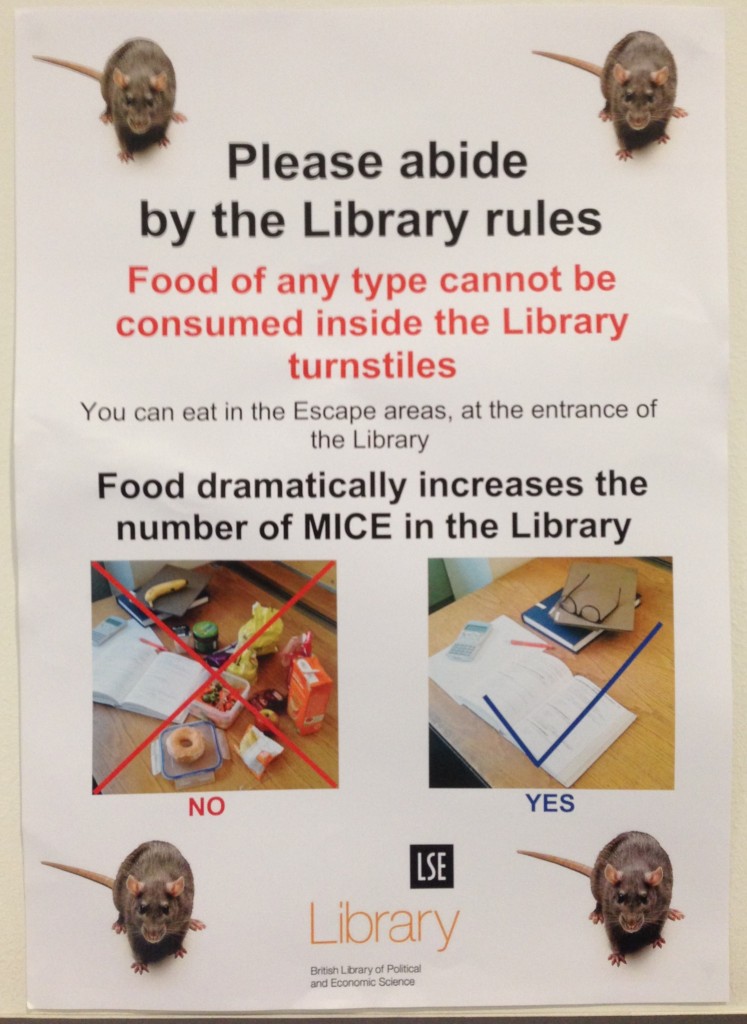
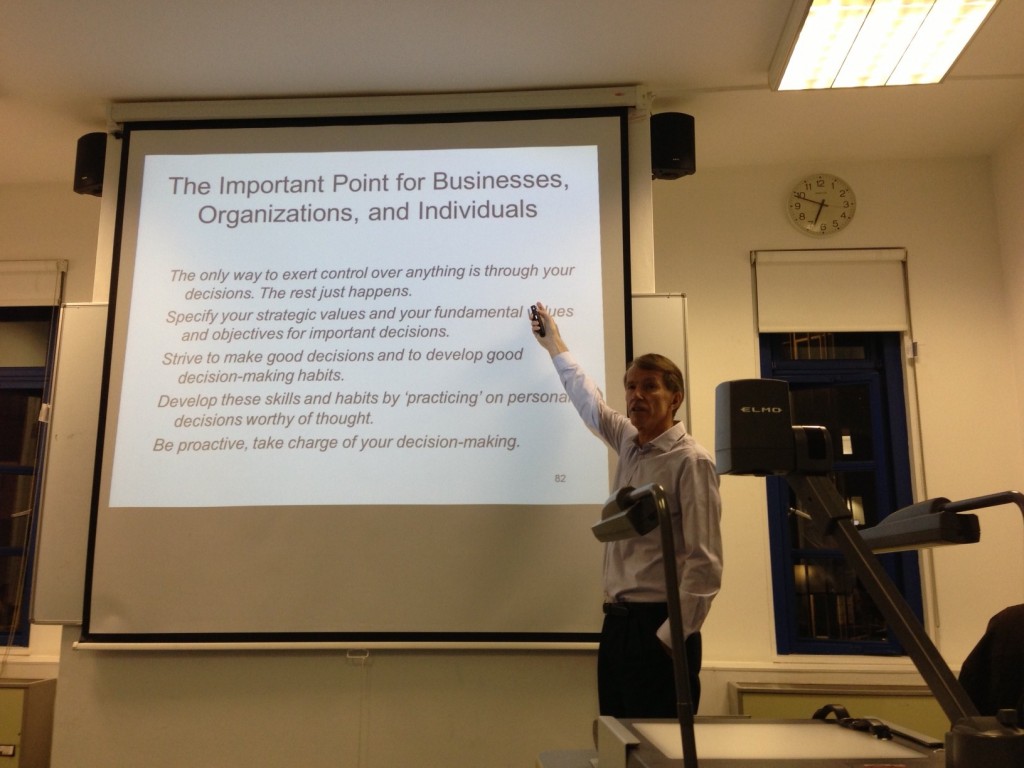
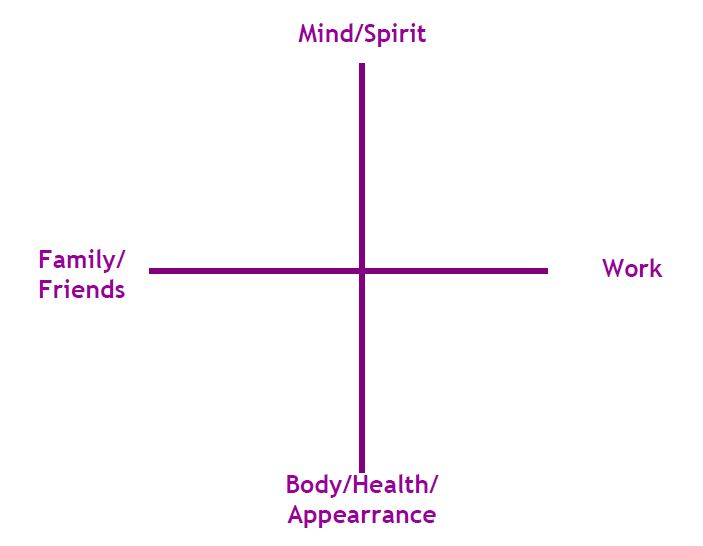
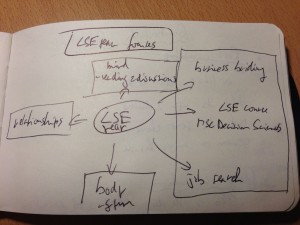
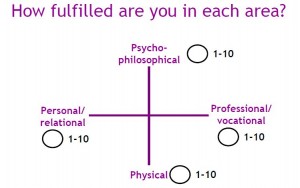
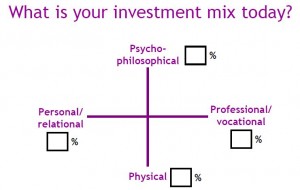
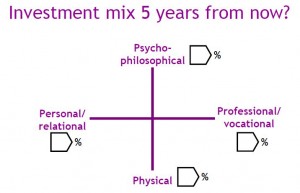
Recent Comments